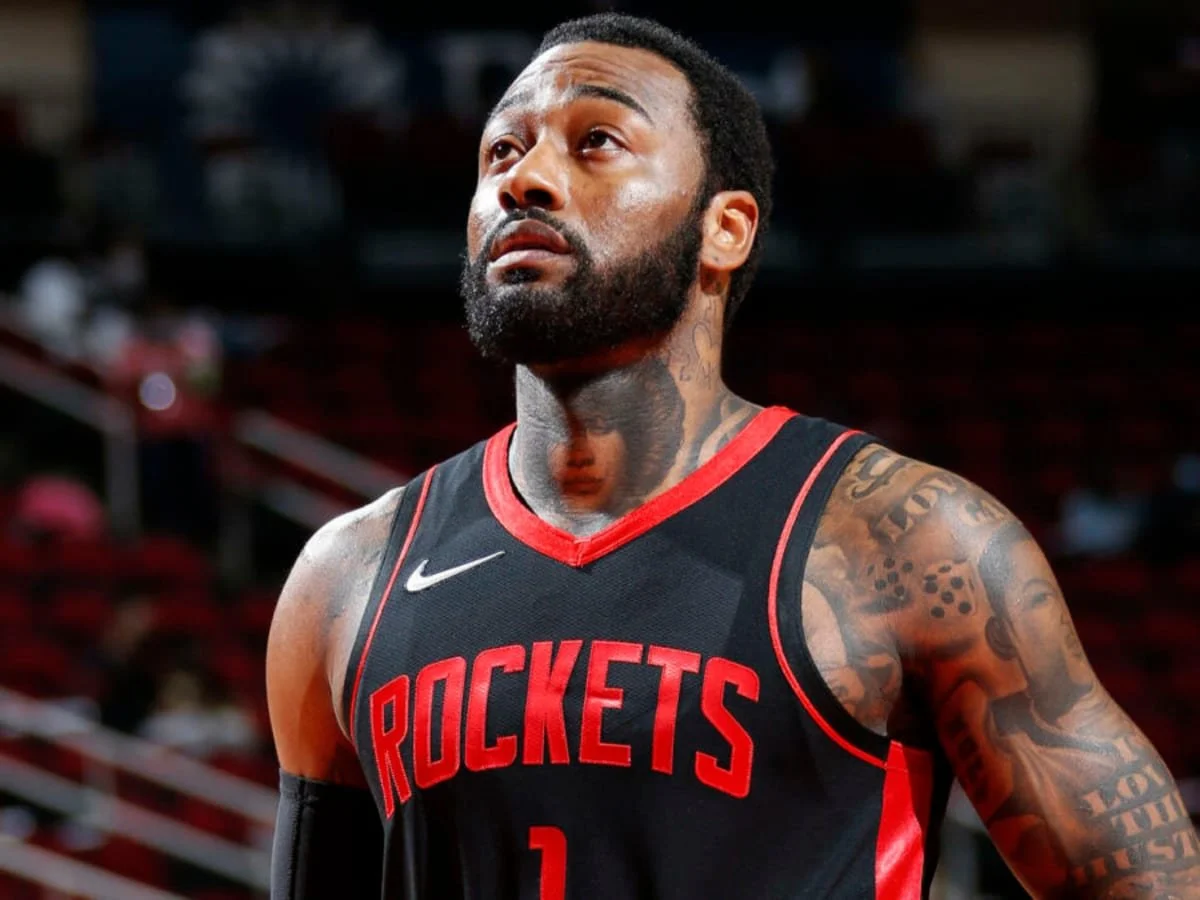Suffering in Silence: Black Athletes and Mental Health
In the world of sports, Black athletes often grapple with mental health challenges as they’re perceived as strong figures, leading to a lack of the support for their internal battles.
By Bianca Thompson
Image via Sports Illustrated
When five-time NBA All-Star John Wall opened up about his suicidal thoughts and battle with depression, it unlocked a Pandora’s box of conversations surrounding Black athletes and their mental health.
Earlier this month, The Players’ Tribune released a piece, titled “I’m Still Here,” where Wall shared every emotional detail about what was really going on behind the scenes for the past two years. From restoring a ruptured Achilles to grieving the death of his mother, Wall’s depression drove him to almost taking his own life.
Aside from his battle with depression, the most alarming part of this story is that Wall suffered in silence. Why? The truth is athletes face more scrutiny in the public eye than anyone. The experiences of Black athletes like Simone Biles, Naomi Osaka, and DeMar DeRozan are prime examples of the lack of support Black athletes receive when sharing their internal struggles.
Image via US Weekly
When Biles withdrew from the all-around competition at the Tokyo 2020 Olympic Summer Games to prioritize her mental health, she was labelled a “quitter” who used her mental health as an “excuse.”
Piers Morgan, the former Good Morning Britain host, tweeted: “Are ‘mental health issues’ now the go-to excuse for any poor performance in elite sport? What a joke. Just admit you did badly, made mistakes, and will strive to do better next time.”
In a second tweet, Morgan wrote: “Athletes are now deemed more courageous, inspiring & heroic if they lose or quit then if they win or tough it out, which is ridiculous. I blame Twitter’s virtue-signallers for fuelling this culture of celebrating weakness. The real world doesn’t think like that.”
Biles has openly shared her mental health journey, discussing her use of anxiety medication and consistent therapy following her brave disclosure as a survivor of sexual abuse by former USA Gymnastics team doctor Larry Nassar.
As an athlete in the public eye, it takes great vulnerability and courage to share your battle with depression with the world. Piers Morgan criticizing Simone Biles and downplaying her mental health on his platform highlights the skepticism and pushback many Black athletes face when seeking support for their mental health struggles.
Another prime is example can be seen with tennis star, Naomi Osaka. When Osaka, the four-time Grand Slam champion who reached the rank of World No. 1, refused to speak to the press because she felt it negatively impacted her mental state, she was fined $15,000 by the French Open.
Image via NBC News
“I’ve often felt that people have no regard for athletes mental health and this rings very true whenever I see a press conference or partake in one,” Osaka wrote in a tweet. “We’re often sat there and asked questions that we’ve been asked multiple times before or asked questions that bring doubt into our minds and I’m not just going to subject myself to people that doubt me.”
It’s very rare to have open discussions about depression, anxiety or suicidal thoughts in the Black community due to the longstanding taboo surrounding these topics.
For centuries, Black people have faced endless stereotypes. While resilience is a positive attribute to have, it gets exhausting always being expected to fit into the trope of a strong" Black figure.
Akilah Carter-Francique, the executive director at the Institute for the Study of Sport, Society and Social Change, tells On Point that there is a “special burden” that comes with being a Black athlete.
"We’re in a space where as Black people, either you are invisible and you are silenced in a space, or you are rendered superhuman, which also gives this notion of invincibility, that we don’t have pain, we don’t have emotion," Carter-Francique says. "It’s a devaluation of their humanity."
Considering this outlook, it’s understandable why John Wall struggled to ask for help. The world looks at a 6-foot-3 athlete like John Wall as a strong and resilient Clippers point guard. The world sees him as superhuman and invincible, when the truth is he’s just as human as the rest of us.
When do we learn to become more empathetic towards Black athletes? And how can we support them better? Stephany Coakley, athletic director for Mental Health, Wellness and Performance at Temple University Athletics, tells On Point the key is “more open conversations” and acknowledging that “athletes are not immune” to mental illness.


